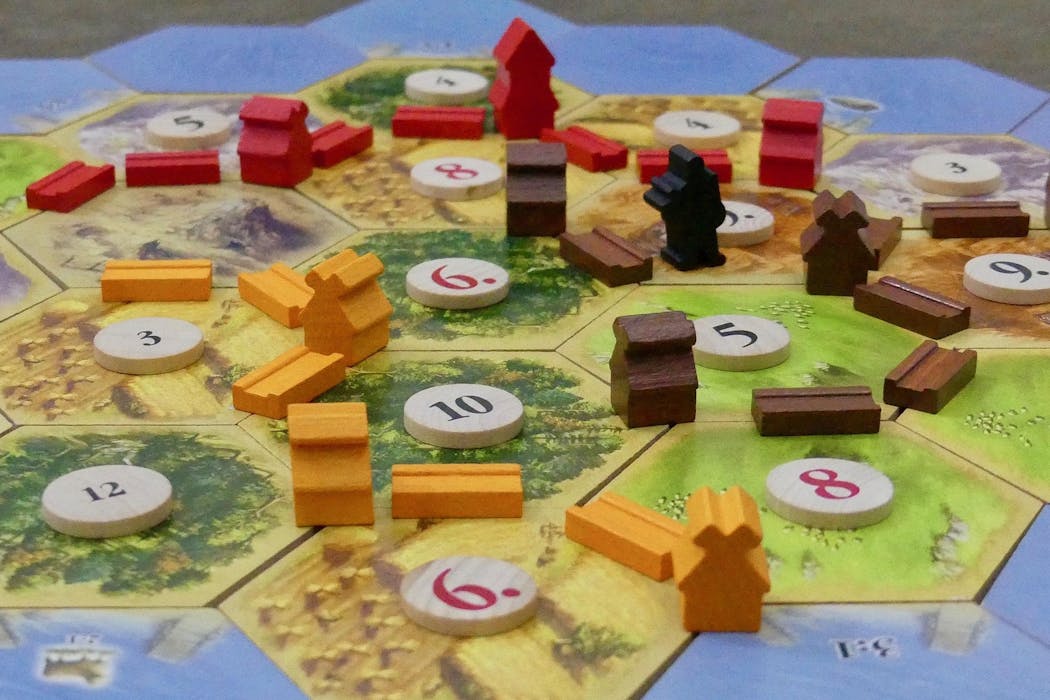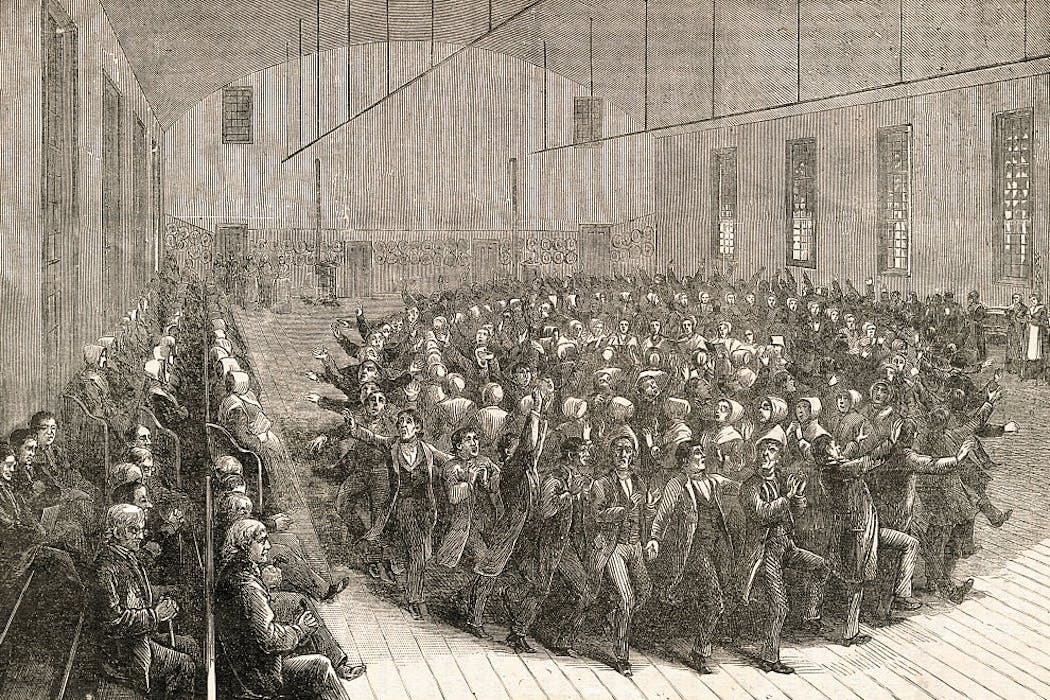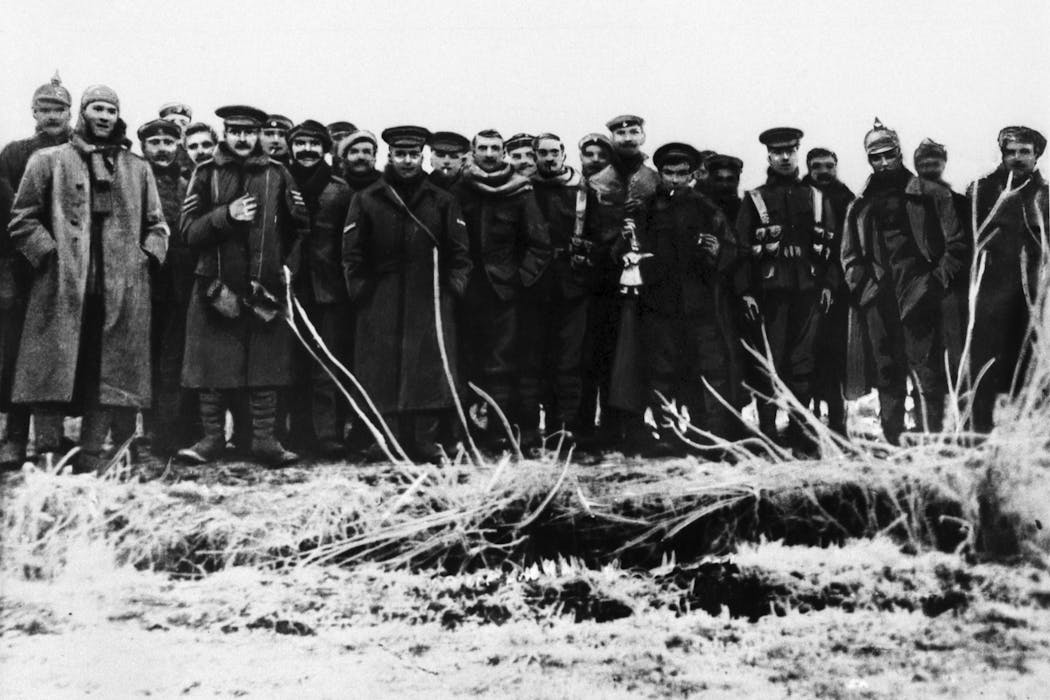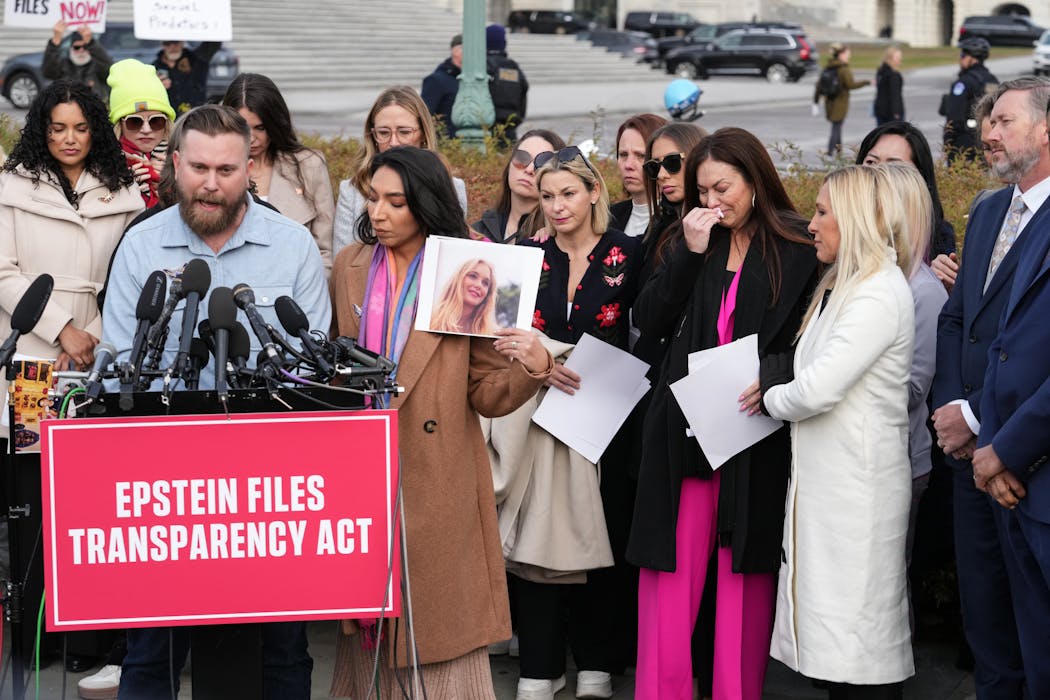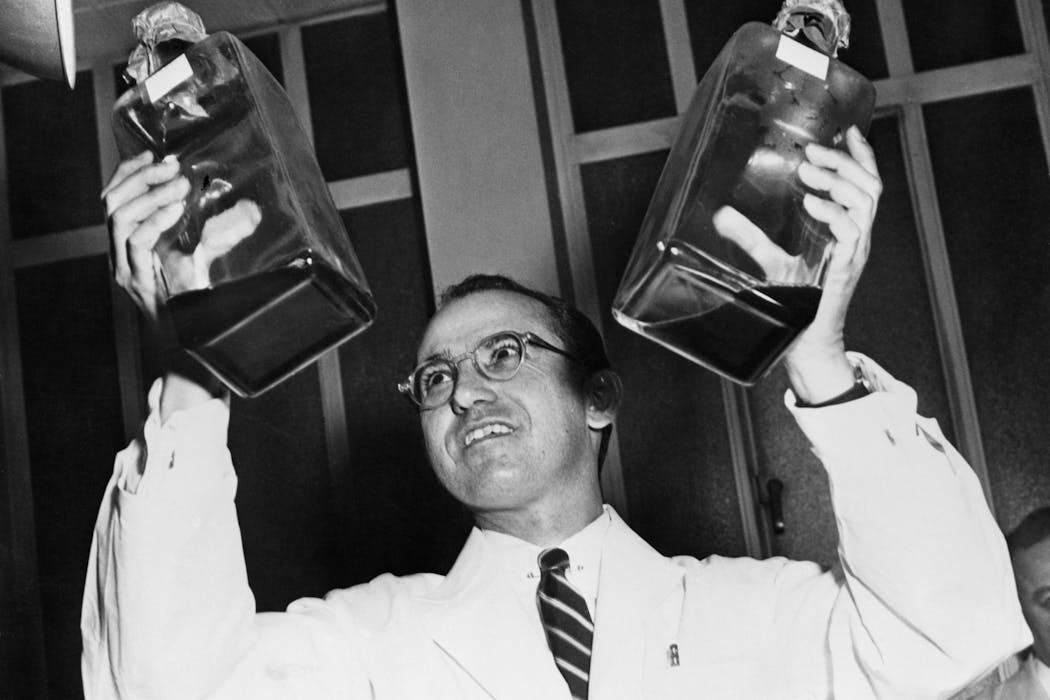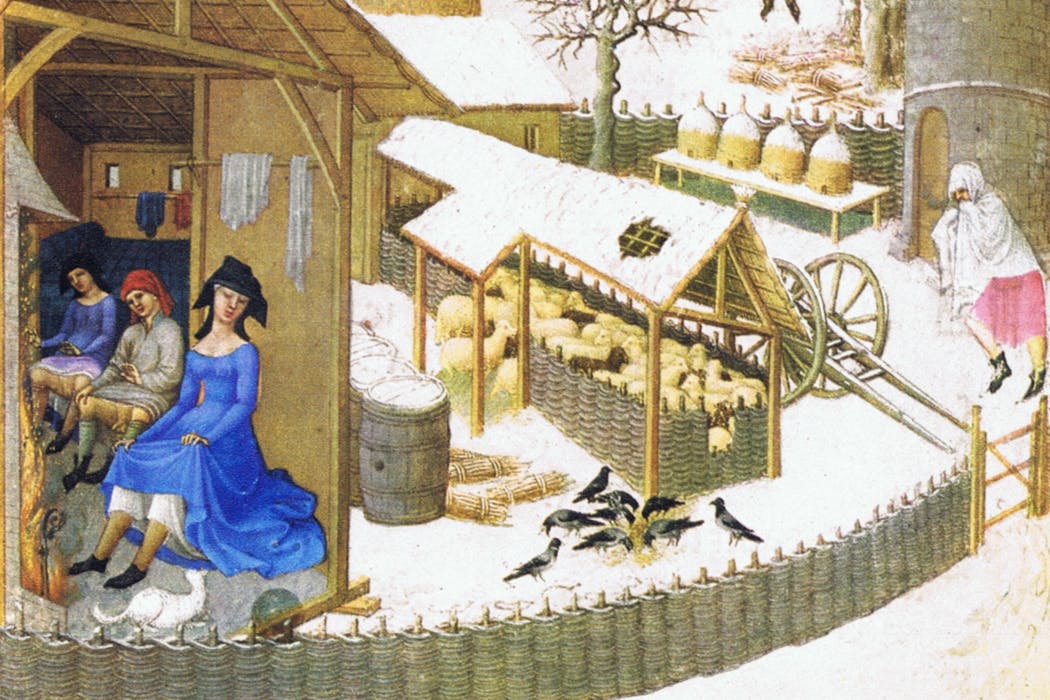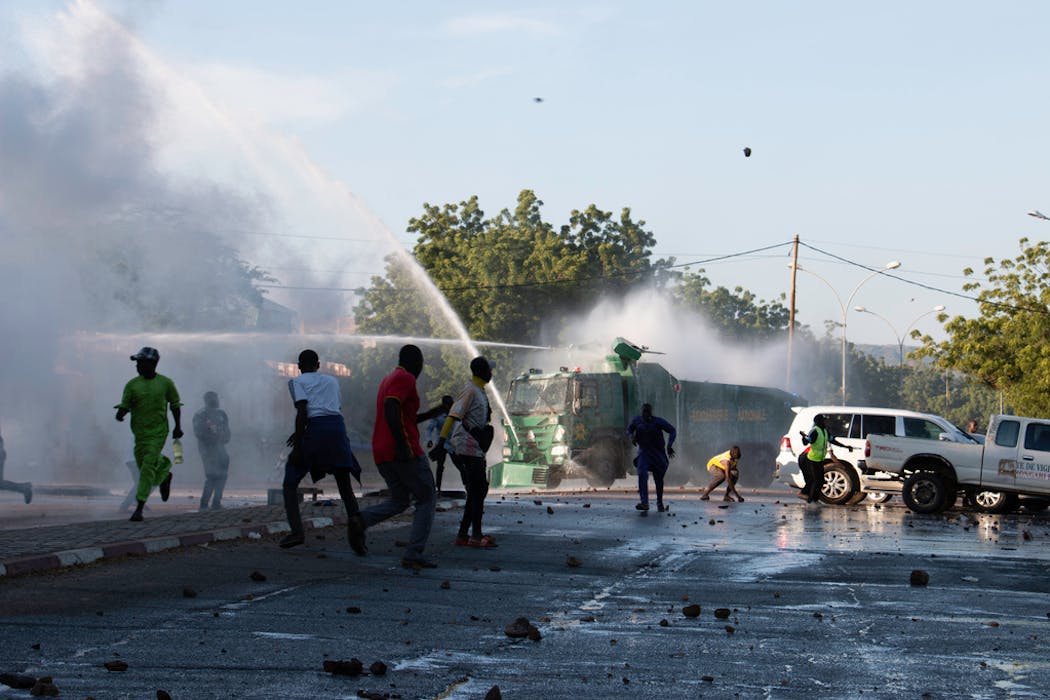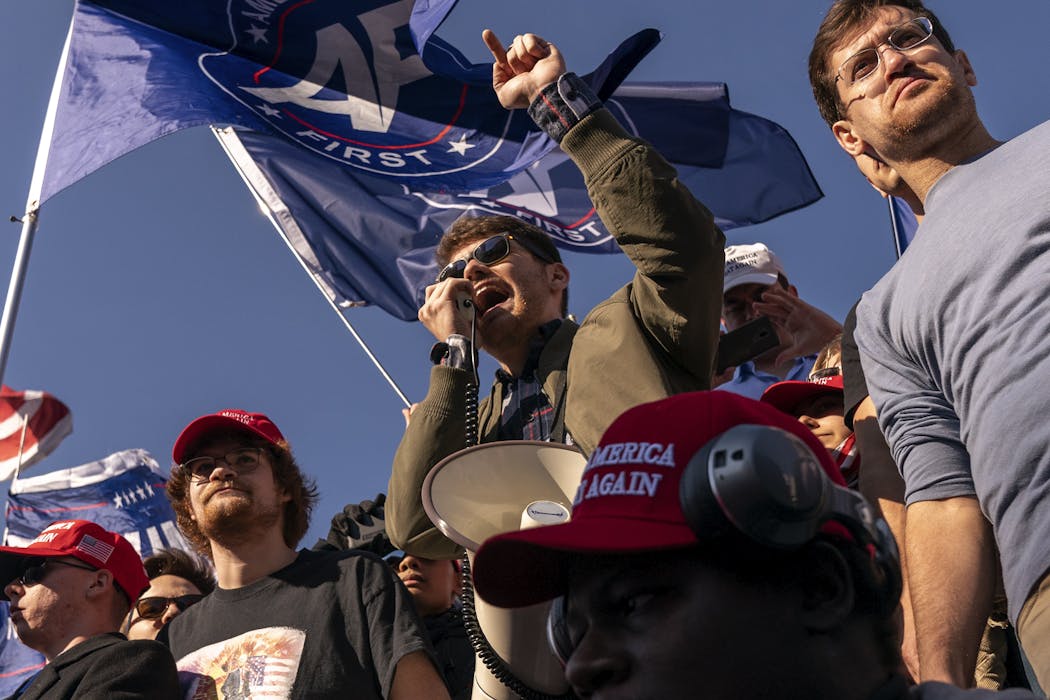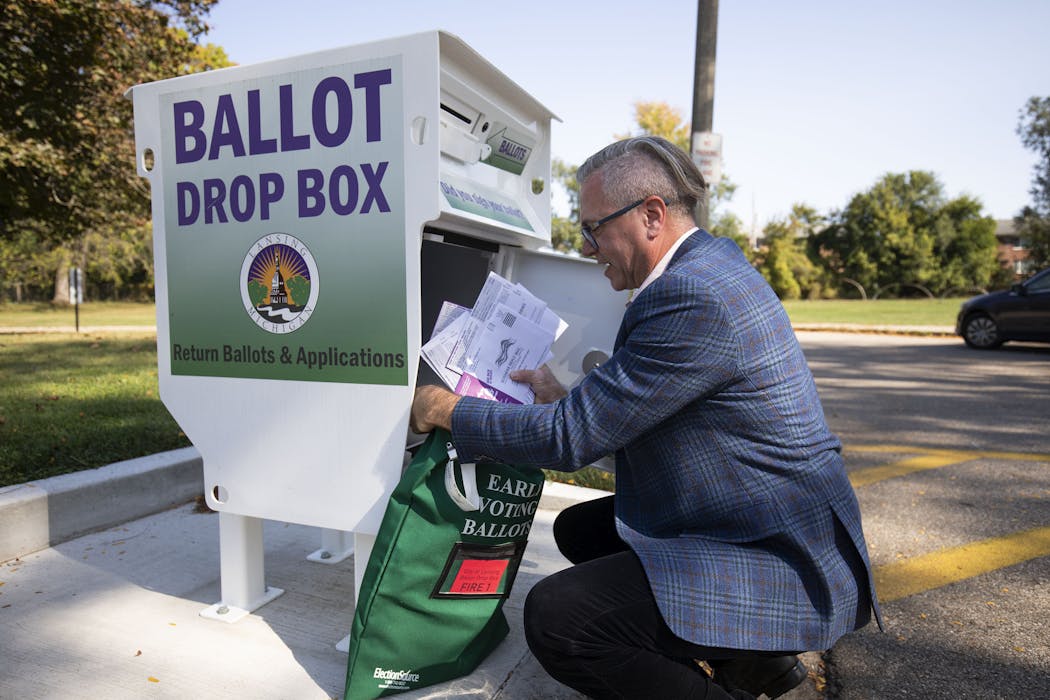Farewell to Afghanistan, the unwinnable war
 Packing up and shipping out.Ben Birchall/PA Wire
Packing up and shipping out.Ben Birchall/PA WireBritish combat operations have now officially ended in Afghanistan with the handing over of Camp Bastion, the last British military base in the country, handed over to Afghan forces. It was fittingly symbolic that only an American general spoke at the flag-lowering ceremony. No British voice was heard. This 13-year conflict had proven to be one of the most complex and protracted wars in modern British military history.
The lack of fanfare at the return of British combat troops is a sign that a convincing “mission accomplished” in Afghanistan cannot be claimed. In many ways, for the British and their American allies, this was always going to be an unwinnable war.
Even a cursory understanding of Afghan history would reveal an inherent societal suspicion of outsiders, stacking the odds heavily against external interference. When the British military deployed there in 2001, is was the fourth time in 170 years that British forces had trod Afghan soil in an attempt to alter the shape of the country’s politics. The past did not augur well for contemporary success.
What were we fighting for?
The International Security Assistance Force’s (ISAF) strategy in Afghanistan, shaped by America’s post-9/11 priorities, was based on three broad goals. These were to prevent the return of the Taliban; eradicate Al-Qaeda’s presence there; and build state political and infrastructural capacity. But strategic confusion, scant resources and political distraction beset leaders in London and Washington and trickled down to commanders on the ground.
The situation in Helmand province, which came to be the crucible in which contemporary Anglo-American counter-insurgency theory and practice played out, exacerbated these problems significantly. Helmand’s complex conflict dynamic, including fierce tribal rivalries locked in competition for influence and resources, was intensified by the presence of foreign fighters (predominantly Pakistanis of the Quetta Shura Taliban) and the centrality of narcotics production to the local economy.
Ultimately, British and American strategy in Afghanistan did not adapt to, or adequately reflect, the societal schisms that divide the country. Nor did their perception of the conflict match how many Afghans viewed the war. As the US and UK espoused talk of state-building at the national level, Afghanistan’s tribal society came to see the conflict as a civil war. Foreign military powers became a pawn in a bigger game of inter-tribal chess over which Washington and London could exert little control.
Friend or foe?
The first few years of the Helmand mission for the British military, were beset by a series of problems affecting the security situation. The military were hamstrung by a murky intelligence picture and a lack of troops. Small operational gains were overshadowed by the obvious fractiousness between the Brits and Americans on the ground.
In evidence to the House of Commons Defence Select Committee the former ISAF commander David Richards admitted to being worried about the working relationship between US marines and British forces at the tactical level in Helmand. The utter absence of a “special relationship” on the ground would be one of the most distinguishing legacies of the joint deployment to Helmand and ultimately blunted counter-insurgency efforts.
London was pre-occupied with standing in absolute solidarity with Washington over the need to remove terrorist safe havens in Afghanistan after 9/11. As a result, the UK took the role of acquiescent junior partner in the war and never managed to stamp any real influence on grand strategy for the conflict.
Assessing the legacy
We’ve already seen that one particularly high-profile legacy goal has come to nothing in Afghanistan. A report by the United Nations Office for Drugs and Crime concluded in November 2013 that Afghan opium production had reached its highest recorded level, which is not a good sign, for a start.
The ultimate legacy goal in Afghanistan, though, will surely be the ability of the Afghan National Army to keep the Taliban at bay. David Cameron has established a military training academy in Kabul with this in mind. Dubbed “Sandhurst in the sand”, the academy will be run by several hundred UK military personnel who will oversee the training of 1,350 officer cadets each year. But there remain questions about retention rates, corruption levels and the extent of Taliban infiltration throughout the Afghan National Security Forces. It may be some time before we will know if security has been achieved.
The total cost of operations in Afghanistan has been put at £19 billion. The UK sent 140,000 men and women to serve there and 453 never came home. Afghanistan has been an expensive war in blood and treasure for the UK. But when you’re fighting a wily insurgent enemy, intra-coalition political battles and the weight of history, the costs are always going to be high.
Andrew Mumford does not work for, consult to, own shares in or receive funding from any company or organisation that would benefit from this article, and has no relevant affiliations.
Read more http://theconversation.com/farewell-to-afghanistan-the-unwinnable-war-33660




